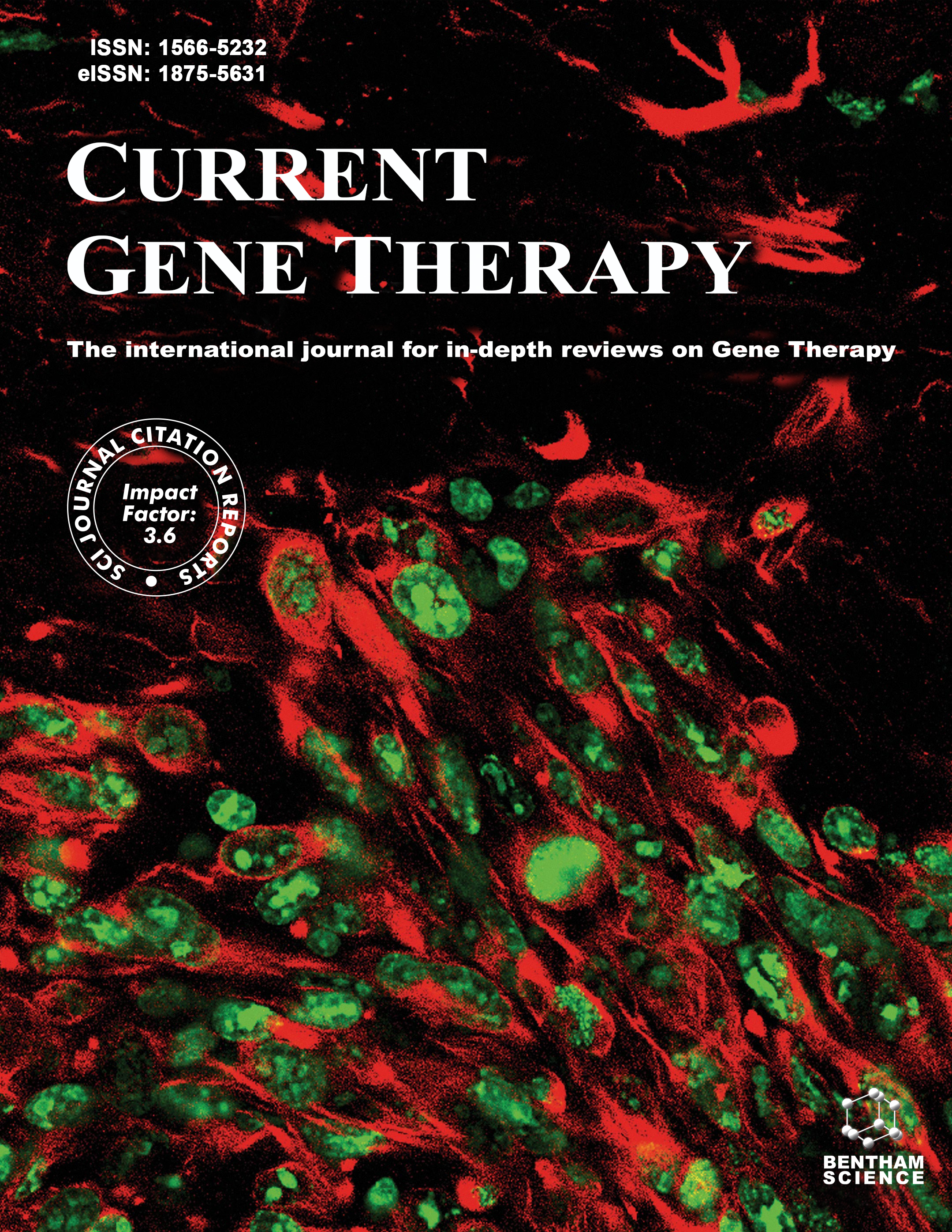-
s Immune Responses to AAV in Clinical Trials
- Source: Current Gene Therapy, Volume 11, Issue 4, Aug 2011, p. 321 - 330
-
- 01 Aug 2011
Abstract
Findings in the first clinical trial in which an adeno-associated virus (AAV) vector was introduced into the liver of human subjects highlighted an issue not previously identified in animal studies. Upon AAV gene transfer to liver, two subjects developed transient elevation of liver enzymes, likely as a consequence of immune rejection of transduced hepatocytes mediated by AAV capsid-specific CD8+ T cells. Studies in healthy donors showed that humans carry a population of antigen-specific memory CD8+ T cells probably arising from wild-type AAV infections. The hypothesis formulated at that time was that these cells expanded upon re-exposure to capsid, i.e. upon AAV-2 hepatic gene transfer, and cleared AAV epitope-bearing transduced hepatocytes. Other hypotheses have been formulated which include specific receptorbinding properties of AAV-2 capsid, presence of capsid-expressing DNA in AAV vector preparations, and expression of alternate open reading frames from the transgene; emerging data from clinical trials however fail to support these competing hypotheses. Possible solutions to the problem are discussed, including the administration of a short-term immunosuppression regimen concomitant with gene transfer, or the development of more efficient vectors that can be administered at lower doses. While more studies will be necessary to define mechanisms and risks associated with capsid-specific immune responses in humans, monitoring of these responses in clinical trials will be essential to achieving the goal of longterm therapeutic gene transfer in humans.


